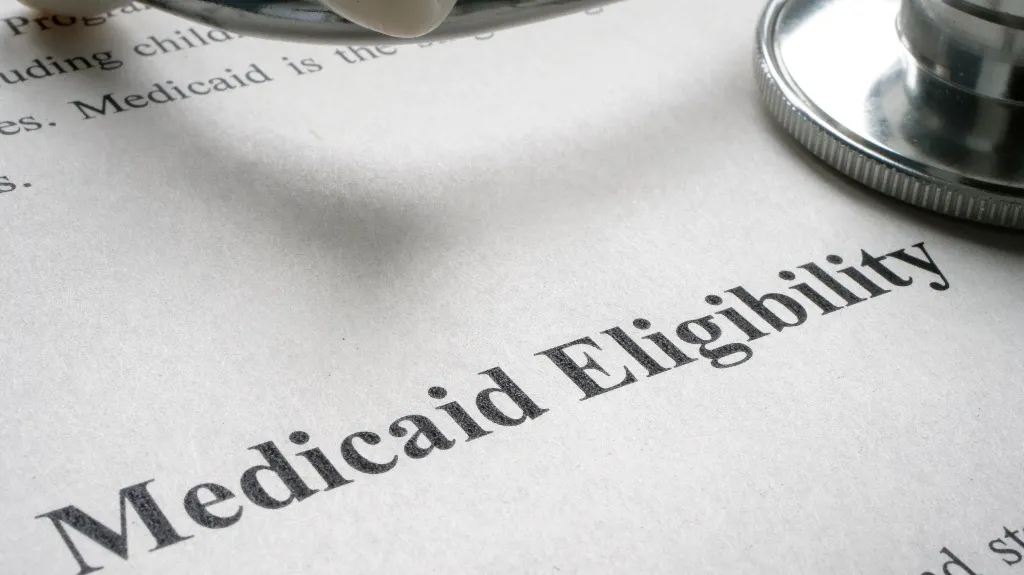
Worrying about long-term care, like needing a nursing home or help at home, creates a massive amount of stress for families here in Louisiana. On top of the emotional difficulty, there is the financial worry. Too often, people make important decisions based on bad information about Medicaid. Medicaid is a program that helps pay for this care, but the rules in Louisiana are complicated. If you rely on old rumors or wrong advice, you could end up paying for care out of your own pocket for months, unnecessarily wiping out your savings.
Here are a few common, stubborn myths about Louisiana Medicaid eligibility that we still see families believing.
Myth 1: “I Have to Give Away All My Money and Wait Five Years.”
This is perhaps the most famous and misleading myth. While it is true that Medicaid uses a five-year “look back” period for long-term care applications, the notion that giving all your assets as a gift to your children or others will automatically make you eligible is risky.
The five-year look back means the Louisiana Department of Health will scrutinize any transfers of assets for less than fair market value. In other words, gifts made during the 60 months before you apply. If they find a gift, you will face a penalty period of ineligibility.
It’s important to remember that the penalty period begins only when two conditions are met: the applicant is both financially and medically eligible for Medicaid and is already receiving long-term care.
Gifting assets improperly can leave you with no assets and no Medicaid coverage for care, creating a gap your family may need to fill. Working with an experienced attorney can often help you create an asset protection plan that smoothly navigates the look-back rules, keeping you protected.
Myth 2: “I Will Lose My House if I Apply for Medicaid.”
Many people avoid applying for Medicaid because they fear losing the family home. In Louisiana, your primary residence is generally an exempt asset for eligibility purposes, provided certain conditions are met.
For instance, your home will not be counted toward the strict asset limit if your spouse, a minor child, a blind or disabled child, or even a sibling or caregiver child who meets specific residency requirements, lives there. Even if you are in a nursing facility, the home remains exempt if you express a clear intent to return to it, as long as the home’s equity value does not exceed the federally set limit (which can change annually).
Myth 3: “If My Spouse Needs Care, We Both Have to Be Impoverished.”
This myth ignores the spousal impoverishment rules designed to protect the spouse who remains at home, often referred to as the “Community Spouse.” Without these protections, a couple’s combined assets could be wiped out by nursing home costs.

Louisiana Medicaid rules allow the couple to retain a portion of their combined assets for the Community Spouse’s use, known as the Community Spouse Resource Allowance (CSRA). In addition to the CSRA, the Community Spouse is also entitled to an income floor, called the Minimum Monthly Maintenance Needs Allowance (MMMNA). If the Community Spouse’s own income falls below this floor, a portion of the institutionalized spouse’s income can be shifted to the Community Spouse to meet this threshold.
These rules ensure the Community Spouse can maintain a comfortable standard of living without draining every penny for the partner’s care.
The Fact: Planning Is Key to Eligibility
Medicaid eligibility for long-term care is not a simple DIY project. The penalties for improper transfers, the complexities of estate recovery, and the protections for the Community Spouse require a thorough understanding of Louisiana’s specific regulations. Waiting until a health crisis strikes severely limits your options.
If you are a Louisiana family beginning to worry about the cost of long-term care, consult with an elder law attorney at Losavio & DeJean, LLC. We can review your unique financial situation and create a legally sound strategy to help you or your loved one qualify for the benefits they need while protecting the assets they deserve to keep.

